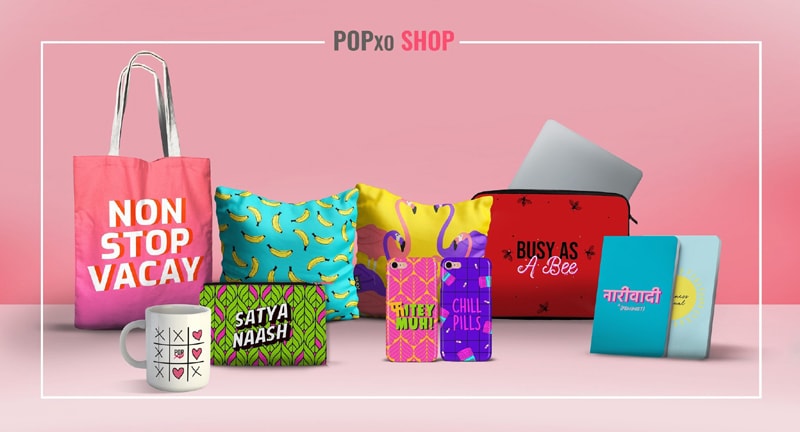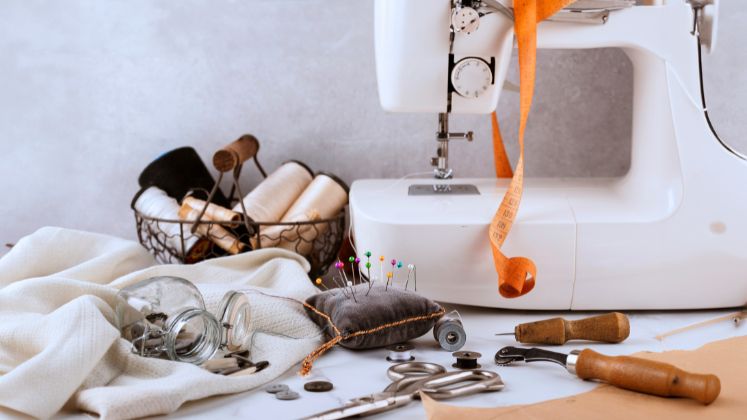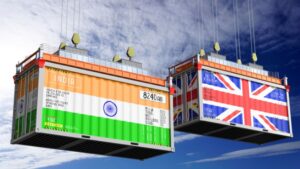With the fashion industry moving at a pace that is hard to keep up with, innovation and hard work have been at the helm of the new gene of brands that are disrupting the very landscape of this industry. Be it the Indian market or international, there is no dearth of both women and men taking charge of start-ups with million dollar ideas giving the long-known giants a run for their money.
That being said, working in fashion industry may not be as glamorous as it looks. Sure, we’ve all been enticed by the idea of free clothing and makeup, courtesy ‘The Devil Wears Prada’, but if you take a closer look, the movie very well lays out the toxicity of working for a fashion magazine or brand. We’ve all heard horror stories of employees being bullied by their bosses. In fact, research estimates that almost 75 per cent people face bullying or harassment of some sort at their workplace.
This is a whopping number, coming especially from modern day companies that vow to take a different approach to management. While the millennials, the current majority in the workforce, have pushed older brands to accept newer norms like paid maternity and paternity leaves, flexible hours and remote working, the start-ups and millennial brands are expected to follow that very work culture implicitly, as they claim to strive for equality on the whole.
With numerous committees in corporations now looking into harassment and complaints for the benefit of employees, why is the culture of bullying still so strife? Does that expose a deep-seated fault in the way we perceive fashion and fashion companies? Does working in fashion require a milieu of looking down on those who might not perfectly fulfil the unrealistic “criteria” mete out by these companies? These are the questions that need to be asked in order to get ahead.
Speaking out against systemic bullying
In the recent past, there has been quite an upheaval regarding the way employees are treated both domestically and internationally, thanks to the Black Lives Matter movement and fashion’s good Samaritan, Diet Sabya, an Instagram page with over 200,000 followers.
Famous for its exposes on Bollywood and Indian fashion industry’s affinity for counterfeiting international designs, Diet Sabya recently dabbled in calling out some of India’s top brands, magazines, talent agencies and advertisers for their negative management styles. Although most of the claims come directly from disgruntled ex-employees, the sheer volume with which people have reached out to the platform is alarming. What’s more, is that other colleagues have jumped to back up the claims made so fervently by the anonymous workers, and the comments on the brands’ Glassdoor profiles corroborate most of the claims.
One company that has come under fire is Nykaa. The beauty and fashion platform’s toxic culture is now being questioned by many, as they fail to understand what went wrong in a company that seemed to be shattering all glass ceilings. A Nykaa CXO has been accused of using racist slurs, making rape jokes, shaming people for their economic status, food and body shaming, and being dismissive of mental health and learning disabilities, amongst other toxic comments and unsympathetic behaviours. While the name of the accused has not been disclosed, several victims of bullying confessed to developing anxiety and panic attacks under the pressures of such conduct.
Post these claims, Nykaa responded to Diet Sabya’s Instagram post saying, “We have a zero-tolerance policy against any racism, body shaming or any comments that cause humiliation or offence. Nykaa has an internal redressal mechanism to address such cases. Please ask your source to contact us at employeegrievance@nykaa.com and we will take the necessary action in this regard. We wish to clarify that till date we have not received any complaints with any of the details mentioned in the post.” However, many ex-employees claim that the redressal system, which did not exist until recently, is not of any help when it comes to reporting behaviours so high up in the hierarchy.
Not only this, from Shahi Exports and POPxo to multiple people calling out Cosmopolitan India, it is shocking to see the fashion world crumbling to becoming a toxic stereotype. Most recently, Outdoor Voices, the trendy athleisurewear brand, was the subject of a Buzzfeed News report that levelled charges from employees who say there is a rampant culture of favouritism, gaslighting, fear, and distrust in the company.
“I worked with POPxo briefly for a few months and this is absolutely true that the Founder Priyanka Gill would make terrible remarks about clothes, financial status of people and had a particular way of looking down upon people from Mumbai as she thought they didn’t know how to dress well,” claimed an ex-employee of the company.
In December 2019, The Verge, a news website operated by Vox Media, published a similar expose about luggage maker Away, revealing accusations that Co-founder Stephanie Korey bullied workers via Slack, forced them to work long hours, and on at least one occasion, referred to her employees as “millennial twats.” Such complaints have not found way into media only recently. Back in 2017, Miki Agrawal, Founder of period underwear company Thinx, was accused in a report by The Cut (an entity of New York magazine), of sexually harassing employees along with instigating a culture of embarrassment. While these might seem like disparate tales of a few mismanaged companies, remember that for each one of these stories that is published, scores of instances of workplace abuse go unreported.
The agents of change
All this news about fashion industry’s failure to become more inclusive towards their employees like they claim to be for their products may seem disheartening. But, the power of media and social media, at large, has lent a voice to all those who find themselves becoming victims of similar behaviours.
Calling a company out makes them aware of their own follies and forces them to change for the better. The Fashion Spot, which has been conducting surveys since 2015, has also noted some progress in showcasing diversity on runways and magazine covers. The Spring 2020 season saw the highest level of diversity in four main fashion cities of Paris, Milan, New York and London, at 41.5 per cent, only to dip for the Fall 2020 shows to 40.6 per cent. That remains an improvement from 17 per cent in the website’s inaugural survey for Spring 2015.
Luxury brands Gucci and Prada also announced long-term strategies last year to promote diverse voices that have not been properly represented in fashion, with scholarships. The announcement was made after they came under fire for designs that were deemed racist. Many brands have since followed suit.
Two years after the ‘Me Too’ movement, it seems we’re finally ready to have a reckoning about abusive behaviour in the workplace. While international companies may be catching on faster, Indian brands cannot let off the hook for their toxic culture either. Hopefully, calling them out will beckon a new era of conducive work environments and happy employees.










